
Senior Feeds: Not Just for Old Horses
Don’t balk at the S-word on the feed label. It might be just what your adult horse needs.

Don’t balk at the S-word on the feed label. It might be just what your adult horse needs.

A nutrition expert offers advice on preventing weight gain and boredom while a hefty horse is on stall rest.
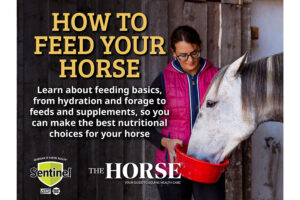
Learn about feeding basics, from hydration and forage to feeds and supplements, so you can make the best nutritional choices for your horse. Sponsored by Sentinel Horse Feeds.

Restoring muscle glycogen, rehydrating, and ensuring a horse’s diet offers enough vitamin E all help with recovery after strenuous exercise.
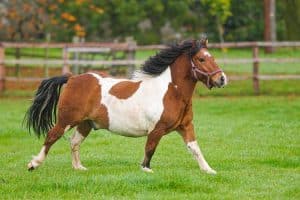
Learn how to help your horse shed his excess pounds safely.

Grazing horses at night can help keep them at a healthy weight and reduce their sugar intake.

Learn how horses go from metabolic to laminitic and ways to manage them.

Choosing a diet that is low in starch and sugar can help reduce excess muscle glycogen storage in horses with PSSM.

All horses and ponies have a different threshold for NSCs, but researchers are beginning to better understand how to feed horses with ID and EMS.

An equine nutritionist’s advice on choosing treats for horses and ponies that might be prone to insulin dysregulation, obesity, or EMS.

Owners should take an individual and regional approach to planning low-NSC diets for ID horses.
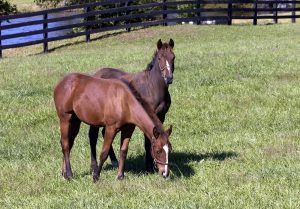
As you consider ways you can help your foal—and his dam—through the weaning process, examine proven methods based on research findings to formulate a plan.

A veterinarian says both age and breed can affect a horse’s predisposition to insulin resistance.
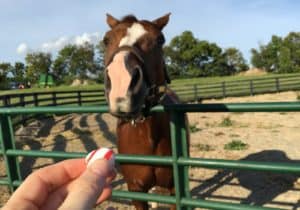
A nutritionist offers her advice on which treats are safe for laminitic horses.

Insulin moves glucose from the blood into muscle and other tissue, but sometimes the process doesn’t go smoothly.
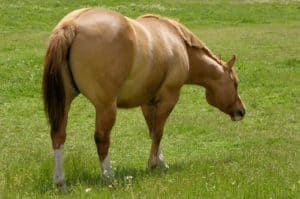
Using a focus-on-forage approach, a veterinarian specializing in equine nutrition explains how she plans a diet for easy keepers.
Stay on top of the most recent Horse Health news with
© 2022 Copyright Statement dolor sit amet, consetetur sadipscing User Terms, sed diam nonumy eirmod tempor invidunt ut labore et dolore magna aliquyam erat, sed diam voluptua. At vero eos et accusam et justo duo dolores et ea rebum. Stet clita kasd gubergren, no sea takimata sanctus est Lorem ipsum dolor sit amet.
"*" indicates required fields